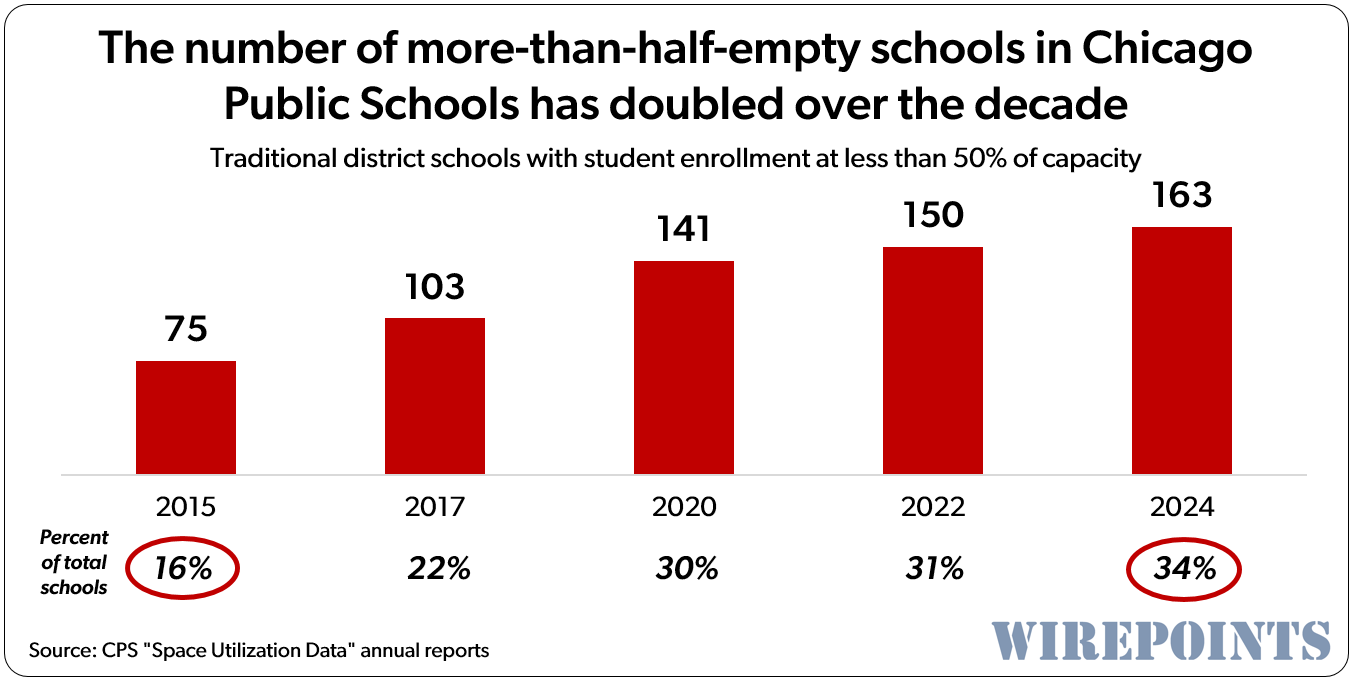December 6, 2012
Legislators in Springfield and public worker unions have said regularly that any pension reform measure should include a guaranty mechanism assuring that the state’s contributions to pensions actually get made. The pension reform proposal put forth today by a group of legislators headed by Senator Nekritz includes such a provision to intercept state cash and divert it to pensions. Details are sketchy, but the mechanism will probably be in the form of legislation that automatically appropriates the money and establishes a payment priority over other state obligations (other than bonds, discussed below), all of which would be enforceable by immediate court order. Such a mechanism would be difficult to reverse because reversal would require approval of the governor and both houses of the legislature.
That might sound sensible if done in the context of genuine reform that really fixes the pension problem, but consider what it really means and how dangerous it is.
In any insolvency smart creditors race to find whatever means they can to assure they will get paid ahead of other creditors. They try to get liens or mortgages on assets or get other creditors subordinated to them. Essentially, creditors try to stake claim on the body parts before the subject is dead. That’s what’s going on here.
In Illinois, most state bonds are either secured by mortgages on specific streams of tax revenue or protected by just this kind of mechanism — an elaborate statutory payment priority that assures they will get paid ahead of other obligations, including pension obligations. That priority would be hard to take away, though Senate boss John Cullerton kicked the idea around last year. The mechanism Springfield and the unions want would put the the obligation to pay pensions second in line behind bondholders but ahead of everybody else.
If you understand how truly broke Illinois is then you know it’s only a matter of time before these priorities spring into action. Somebody is going to take a haircut. The mechanism that Springfield and the unions want will force the state to favor pension contributions over budgets for DCFS, education, roads, bridges and everything else the state does, and over bills already owed to people doing business with the state. In other words, how the body parts get distributed will be preordained.
This mechanism may be passed into law, but it will not be part of genuine pension reform that fixes the pension problem. We know that for sure because, among other reasons, Springfield only acknowledges an unfunded pension deficit of $96 billion. If any reform is passed it will be premised on that number. But the real deficit is about $200 billion, based on analysis by many outside experts. New accounting rules and rating agency guidelines will soon force the state to admit to that higher number. Even if the entire official pension liability of $96 billion were miraculously erased today, a further $100 billion liability will be apparent very soon.
We will be left with a still massively underfunded pension system, but with the state now forced by courts to direct its cash into that system in lieu of paying past due debts, and in lieu of appropriations for the myriad things that compete for dollars in the budget. The budget will be on automatic pilot for the most part, with cash irretrievably committed to pensions and bondholders.
Still worse, the state will also be doubling down on its commitment to defined benefit plans, which are the root source of the problem. They are hopeless poison and should be eliminated as rapidly as possible. Instead, they will be made virtually permanent.
It’s difficult to overstate how frightening things have become in Illinois.

 A set of state lawmakers want to extend CPS’ current school closing moratorium to February 1, 2027 – the same year CPS is set to transition to a fully-elected school board. That means schools like Manley High School, with capacity for more than 1,000 students but enrollment of just 78, can’t be closed for anther three years. The school spends $45,000 per student, but just 2.4% of students read at grade level.
A set of state lawmakers want to extend CPS’ current school closing moratorium to February 1, 2027 – the same year CPS is set to transition to a fully-elected school board. That means schools like Manley High School, with capacity for more than 1,000 students but enrollment of just 78, can’t be closed for anther three years. The school spends $45,000 per student, but just 2.4% of students read at grade level.
 Hopefully, all media will get the message, in Illinois, too.
Hopefully, all media will get the message, in Illinois, too. Ted joined Tom Miller of WJPF to talk about Illinois’ highest-in-the-nation property taxes, why lawmakers don’t want to touch the tax’s cost drivers, just how much Illinoisans’ tax burden has grown over the decades, why Gov. Pritzker failed to meet his promise to reform property taxes, and more.
Ted joined Tom Miller of WJPF to talk about Illinois’ highest-in-the-nation property taxes, why lawmakers don’t want to touch the tax’s cost drivers, just how much Illinoisans’ tax burden has grown over the decades, why Gov. Pritzker failed to meet his promise to reform property taxes, and more.
It’s that last point that is most important. If the state is guarantied to make the payments then defined benefit plans are guarantied to continue bankrupting the state forever.
That’s where out 67% tax increase went right? Same as a drop in the ocean.
Right, the state Comptroller has confirmed that: Not one dime of the tax increase went to pay down old bills as promised.
What? You mean the Dems and Pat Quinn who passed the 67 % tax increase in the middle of the night during a lame duck session, LIED? Come on ! Lies after lies. Welcome to the bankruptcy the state will still be unable to pay its bill but now due to this law if it passes. The state will cease to function with this law.
if this becomes law, i wonder if the holders of state of illinois GO bonds will even realize they have been screwed
That’s a great question. Because the GO bonds will retain their senior position, some GO bondholders may think it does not matter. However, as any smart senior lender knows, if junior debt takes away so much that there is not enough free cash flow to run the operation, then there is still a big problem. The rating agencies are notoriously slow to figure things out. Let’s see what they do with this.
thanks for replying. i wish some of the GO bondholders would raise some of these issues with the governor , the legislature and in the press. if they did , it might encourage more fiscal responsibility in springfield. maybe! personally, i don’t own any munis with exposure to illinois and don’t intend to. of course as a resident and taxpayer, i still have exposure to the issue. good article.